Philip J. Greven - The Protestant Temperament
Here you can read online Philip J. Greven - The Protestant Temperament full text of the book (entire story) in english for free. Download pdf and epub, get meaning, cover and reviews about this ebook. year: 2013, publisher: Knopf Doubleday Publishing Group, genre: Religion. Description of the work, (preface) as well as reviews are available. Best literature library LitArk.com created for fans of good reading and offers a wide selection of genres:
Romance novel
Science fiction
Adventure
Detective
Science
History
Home and family
Prose
Art
Politics
Computer
Non-fiction
Religion
Business
Children
Humor
Choose a favorite category and find really read worthwhile books. Enjoy immersion in the world of imagination, feel the emotions of the characters or learn something new for yourself, make an fascinating discovery.

- Book:The Protestant Temperament
- Author:
- Publisher:Knopf Doubleday Publishing Group
- Genre:
- Year:2013
- Rating:5 / 5
- Favourites:Add to favourites
- Your mark:
The Protestant Temperament: summary, description and annotation
We offer to read an annotation, description, summary or preface (depends on what the author of the book "The Protestant Temperament" wrote himself). If you haven't found the necessary information about the book — write in the comments, we will try to find it.
Through this cache of remarkable and remarkably immediate and moving material the family papers of some of Americas most famous theologians, political figures, lawyers, and ministers as well as those of lesser-known contemporaries (farmers, merchants, housewives) who embodied Protestant life and wrote about it most expressivelyPhilip Greven traces the hidden continuities of religious experience, of attitudes toward God, children, the will, the body, sexuality, achievement, pleasure, virtue, and selfhood among the three Protestant groups of the time. He examines, in turn, the three strains that persisted regardless of denomination. First, the evangelicals (their dictum for raising children: Break their wills that you may save their souls), ruled by a hostility to the self, a feeling that selfhood is the source of sin, too dangerous to be sought or desired (Jonathan Edwards wrote: I have been before God and have given myself, all that I am, and have, to God; so that I am not, in any respect, my own . . . I have given myself clear away). And we hear the products of this upbringing, in their twenties and thirties, speaking of themselves in the harshest tones (My affections carnal, corrupt, and disordered), distrusting themselves in the most profound ways (a woman faced with the choice of a husband wrote: I dare not decide myself and dread nothing more than to be left to the Bent of my own heart).
In counterpoint, we see the moderates, poised between duty and personal desire, preoccupied but not obsessed with morality, more interested in self-control than self-suppression (an eminent Unitarian, the Reverend Theodore Parker of Boston, wrote: The will needs regulation, not destroying. I should as soon think of breaking the legs of a horse in training him, as a childs will).
And, finally, we see the genteel in polite society, taking their state of grace for granted, more interested in self-assertion than self-control, completely at ease with ambition and worldlinessmusic, dancing, games, convivial drinking, hunting, and sports all an integral part of the childrens lives as they grow into maturity; the boys groomed for social responsibility, the girls encouraged to be steady, studious, docile, with a mild and winning presence, a sweet, obliging temper . . .
The Protestant Temperament uncovers the personal experience and the psychological and social effects of religion and piety in the American of the 17th and 18th centuries, the feelings as well as the beliefs of religious people. Fascinating and groundbreaking in its revelations and its radical reassessment of the role of religion in early American life, Philip Grevens book is a major intellectual event, an important and illuminating interpretation of the American Protestant experience.
Philip J. Greven: author's other books
Who wrote The Protestant Temperament? Find out the surname, the name of the author of the book and a list of all author's works by series.

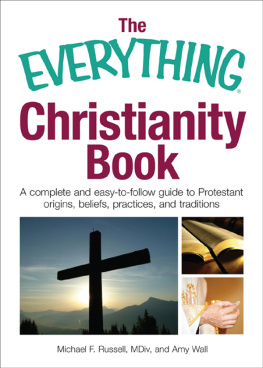
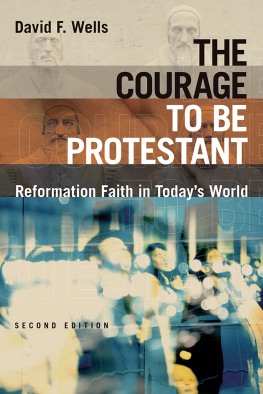
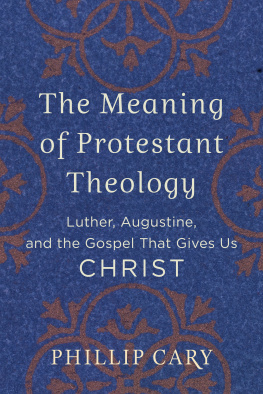



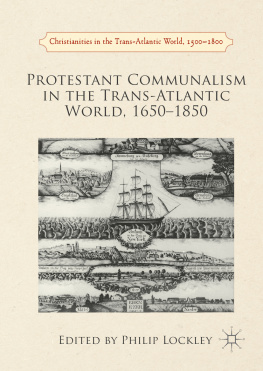
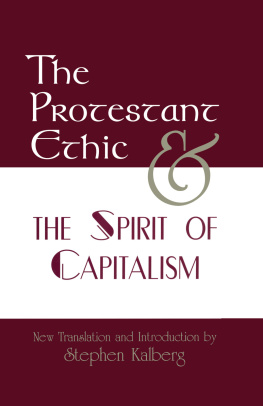

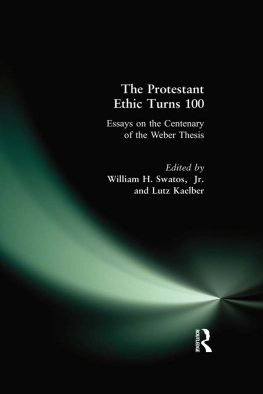
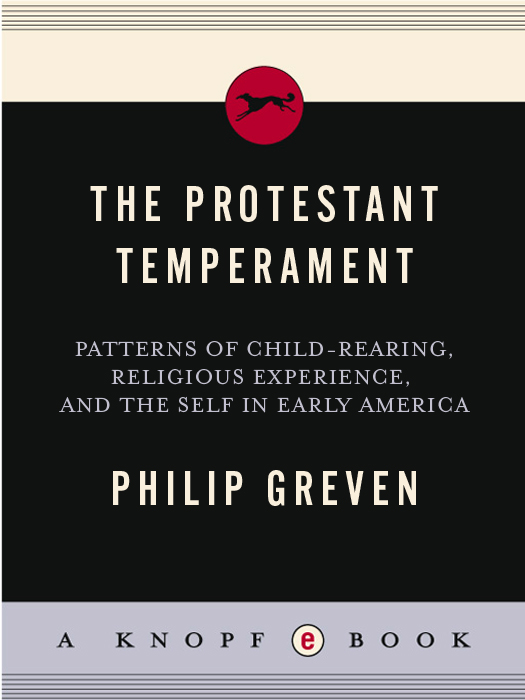
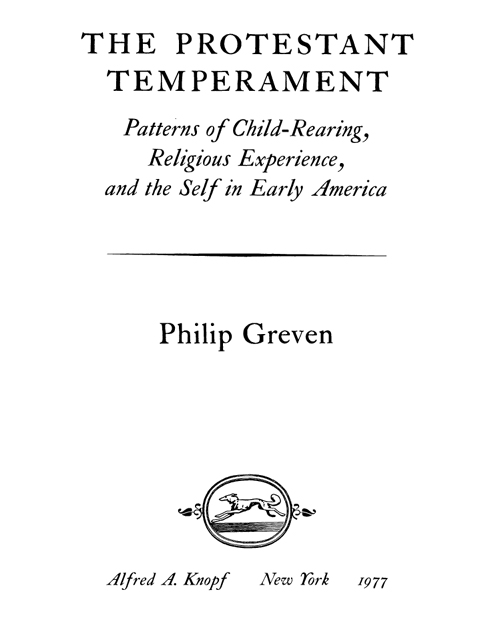
 CONTENTS
CONTENTS 